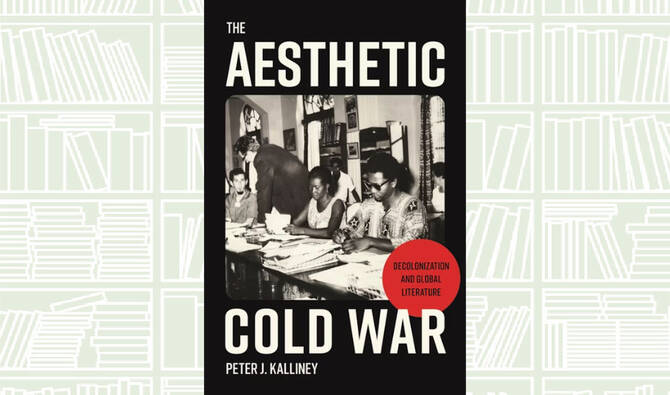How did superpower competition and the cold war affect writers in the decolonizing world? In “The Aesthetic Cold War,” Peter Kalliney explores the various ways that rival states used cultural diplomacy and the political police to influence writers.
In response, many writers from Africa, Asia, and the Caribbean — such as Chinua Achebe, Mulk Raj Anand, Eileen Chang, C.L.R. James, Alex La Guma, Doris Lessing, Ngugi wa Thiong’o, and Wole Soyinka — carved out a vibrant conceptual space of aesthetic nonalignment, imagining a different and freer future for their work.
























